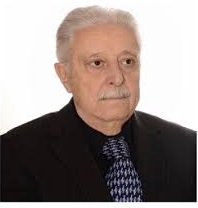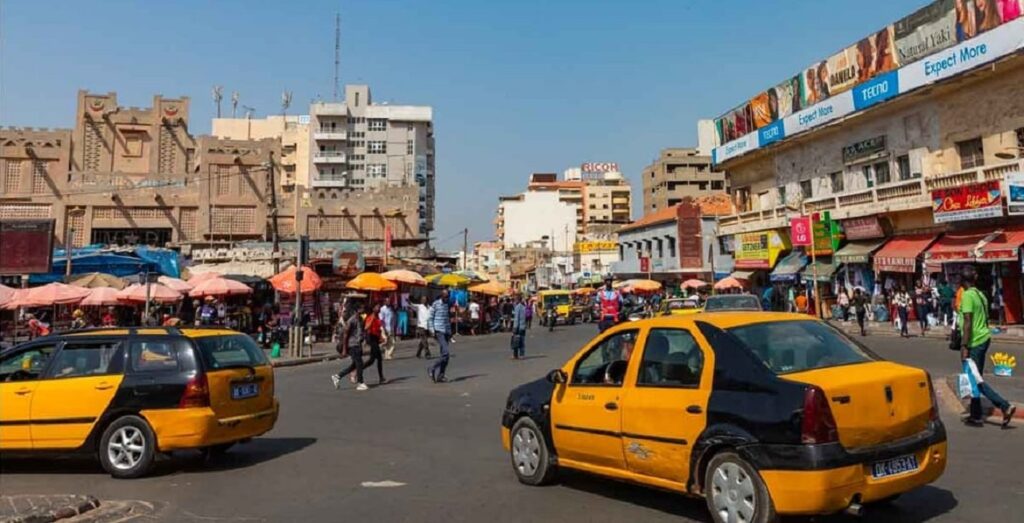We have analysed Africa’s economic trend in the context of the international economy of the past four decades, which we have decoded through the Development Actors’ vision/objectives/growth.

At the end of the day, their decisions shape economic development. And the Continent is the place where tough people play a hard game and where contradictions and competition dramatically emerge.
Concisely, it emerged the following: (1) the dominant role of finance in the economy, (2) The Development Actors’ approach hasn’t been in tune with the people’s requested changes. With reference to the point (1), the financialization of the economy produced virtual affluence instead of real wealth. The explanation of the point (2) is given by the conduct carried out by investors, bankers, sponsors, communities, capitalists, and any interested party, who didn’t pave the way to achieve an equitable inclusive growth, as it has been deeply analysed in the book: “A. Graziosi – The Gateway to Africa Inclusive Growth – JAMBO FUND”.
Mr Akinwumi Adesina at the recent Summit Italy-Africa (28/29 January 2024), said that “Africa is the best investment the world can make now and in the future”. Well, in his position as president of the African Development Bank (AfDB) he can’t speak in a different way. By and large, other African big players, in different venues, have emphasised the Continents performances. But we aren’t sure that what they did responded to what people really demanded.
Mr Ivo Arrey Mbongaya – director of the African Centre for Community and Development – said that Africa is not poor and listed the immense natural resources, and quoting the World Bank, he pointed out that six African Countries are the highest growing economies in the world in 2024: Rwanda, DR Congo, Niger, Senegal, Côte d’Ivoire, and Ethiopia. However, as a matter of fact, despite positive results, disparity and inequality among people radically emerged.
According to Mr Lewis M. Ndichu, Director of research at the Centre for China Africa Policy (CCAP) the scramble is where Europe, China and the United States want to set up shop because of its vast natural resources. This is a fact.
We do say that Africa has been responding well to the three big challenges: Covid, Inflation, Palestine Wars, the basic question is: what Africa will do, to benefit from foreign investments? Indeed, the partnership has become the name of the development game, and, generally speaking, it is difficult to say that the Continent is ready to be a recipient from foreign investments.
The reality is given by the Continent undergoing a tremendous transformation. Certainly, it will be limited and inappropriate to talk about it as a unique Entity on the grounds that there are 54 Countries each one having its own tradition, language, objectives, interests, and aspirations. Although there are different lines of reasoning, it is possible to make some considerations on the grounds that each Nation has to provide an answer to the double question: Who is who? Who will do what? In other words, African people haven’t yet chosen who will lead the renaissance and how to achieve inclusive growth.
The turning point of the trend may be traced in 2013 with Obama’s declaration to budget $ 2.5 billion Programme Power Africa Initiative, while visiting the Continent. In 2014 and in line with the above, the banker and tycoon T. Elumelu proposed Africapitalism’s idea to promote African entrepreneurial spirit. We haven’t noted significant changes.
Currently the headlines are made by the coup d’état in Niger where the Army’s Generals decided (2023) to take over the power on …….and justified the decision to resolve the Country’s problems, following the move undertaken by Mali (2020) and Burkina Faso (2022). Then, these Countries along with Guinea declared their support to Niamey, withdrew their participation to ECOWAS and created the Alliance of Sahel States (Alliance des États du Sahel – AES, September 2023).
Meanwhile, the EU came forward to limit the aggressive activity of the USA, China and Turkey and took the leadership for carrying out the Italian Piano Mattei now European Plan for Africa. The interventions originally limited to the energy and North Africa have been expanded to energy, education, health, agriculture, water, and related projects will be implemented in nine Countries: Morocco, Tunisia, Algeria, Egypt, Côte d’Ivoire, Ethiopia, Kenya, DR of Congo, and Mozambique, with an initial budget of € billion 5.5.
In the above depicted context, we would like to propose a couple of advice to face a reality already noted by the World Bank, namely “African investors remain risk-averse” and … the funding requests lack “speaking the language required for investments”, to ground an effective and efficient Partnership between private and public capitals. Summing up: African capitalists could be invited to sit in the BoardRoom of the Development Agencies like IFC, AfDB, and put their financial resources for the realisation of the interventions. In this way the initial capital will be considerably increased and invested in their Countries/Regions. We have extensively developed this alternative in the eBook The Gateway to Africa Inclusive Growth – JAMBO FUND.
The expected results shall be the creation of additional jobs along with the promotion of opportunities and in so doing limiting the emigration to Europe and augmenting the wellbeing of the African communities. We are aware of the impracticability of the proposal because the modalities to ground the proposal would entail the sharing of the decision-making process with more Stakeholders. And no one likes to share the power; but this doesn’t mean that we couldn’t speak about the matter. In conclusion, as things stand, there are many problems and less perspectives.
Dr. Ascanio Graziosi – Owner of Innovative Financial Inclusion Solutions, a financial boutique providing Policy Decision-Makers and Private Clients with advisory services to enable a favourable financial environment and facilitate start-up and growth-up business. Dr Graziosi is a chief player in the arena of economic development. He has collaborated in Sixteen African Countries, out of twenty-four in three Continents, acting as Development Economist on behalf of international funding Agencies (WORLD BANK, FAO, UNDP, WHO, ITALY GVT, DANISH GVT, PRIVATE COMPANIES).
(The views expressed in this article belong only to the author and do not necessarily reflect the editorial policy or views of World Geostrategic Insights).
Image Source: African Development Bank Group







